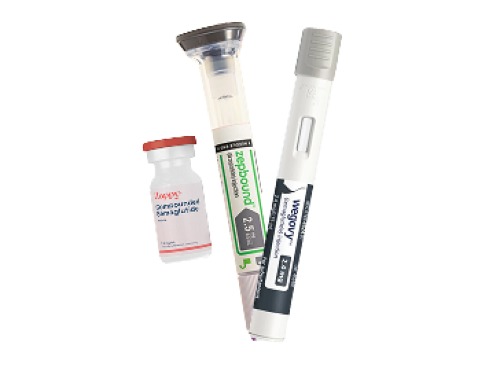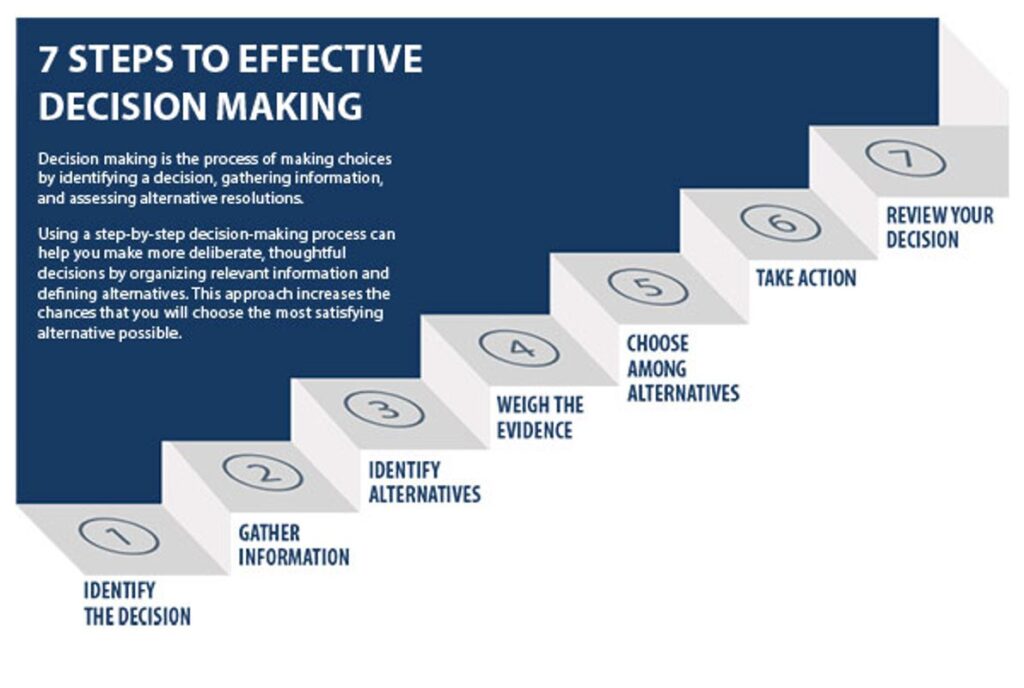Estimated reading time: 7 minutes
Key Takeaways
- Understanding different recovery programs is crucial to finding the right fit.
- Consider treatment selection factors such as evidence-based practices and holistic approaches.
- Recognize the benefits of in-clinic versus home-based treatment options.
- Evaluate potential recovery centers thoroughly using set criteria.
- Ensure centers are properly licensed and accredited.
Understanding Recovery Treatment Options
Different Types of Recovery Programs
Recovery centers offer various treatment approaches, each designed to address specific needs and circumstances. Here are the main types of programs you’ll encounter:
- Residential Inpatient Programs: 24/7 structured care in a controlled environment
- Outpatient Services: Flexible treatment while maintaining daily routines
- Detoxification Programs: Medically supervised withdrawal management
- Aftercare Programs: Ongoing support for sustained recovery
The key is finding a program that matches your specific situation. As highlighted by Advanced Recovery Systems, some centers specialize in treating specific populations, such as veterans or LGBTQ+ individuals, while others focus on particular types of recovery needs.
Factors in Treatment Selection
When evaluating treatment options, consider:
- Evidence-based practices
- Holistic treatment approaches
- Medication-assisted treatment availability
- Mental health support services [Source]
- Individual and group therapy options
According to American Addiction Centers, the most effective treatment plans are those tailored to individual substance use patterns, mental health needs, and lifestyle requirements.
Recovery Clinic vs. Home Treatments
In-Clinic Treatment Benefits
Recovery clinics offer several advantages:
- 24/7 medical supervision
- Structured support system
- Access to multidisciplinary care teams
- Peer support opportunities
- Removal from triggering environments
These benefits make in-clinic treatment particularly valuable for those requiring intensive support during their recovery journey. [Source]
Home-Based Treatment Considerations
Home-based recovery options provide:
- Greater flexibility with daily commitments
- Familiar environment comfort
- Cost-effectiveness
- Integration with existing support systems [Source]
However, home treatments may lack the immediate professional support and accountability found in clinical settings. The choice between clinic and home-based treatment should align with your recovery needs and circumstances. [Source]
Finding the Best Recovery Centers Near You
Search Strategies
To locate quality recovery centers in your area:
- Use online search tools and directories
- Read verified reviews on trusted platforms
- Seek recommendations from healthcare providers
- Check local recovery support groups
- Consult with insurance providers
Hazelden Betty Ford Foundation emphasizes the importance of thorough research when selecting a recovery center.
Evaluation Criteria
When assessing potential centers, consider:
- Accreditation status
- Staff credentials and experience
- Treatment success rates
- Available programs and services
- Facility conditions and amenities
- Cost and insurance acceptance
Licensed Recovery Clinic Requirements
Accreditation Importance
Choosing a licensed recovery clinic ensures:
- Adherence to quality standards
- Qualified medical staff
- Safe treatment protocols
- Regular facility inspections
- Proper medication management
Verification Process
To verify a center’s credentials:
- Request proof of state licensing
- Check accreditation status with recognized organizations
- Verify staff certifications
- Research any disciplinary actions or complaints
- Review inspection reports
Personalized Treatment Assessment
Questions to Ask Providers
Essential inquiries include:
- What is your patient-to-counselor ratio?
- How do you develop individualized treatment plans?
- What evidence-based therapies do you use?
- How do you handle co-occurring disorders?
- What aftercare support do you provide?
Treatment Approach Evaluation
Look for providers who:
- Create comprehensive treatment plans
- Offer evidence-based therapies
- Provide ongoing progress assessment
- Include family support services
- Maintain clear communication channels
Additional Considerations
Insurance and Payment
Before committing to a center:
- Verify insurance coverage
- Understand out-of-pocket costs
- Review payment plan options
- Ask about financial assistance
- Get all costs in writing
Location Factors
Consider these location-related aspects:
- Proximity to family support
- Distance from triggering environments
- Travel requirements for family visits
- Local community resources
- Climate and environment
Success Metrics
Evaluate centers based on:
- Published success rates
- Alumni testimonials
- Aftercare program effectiveness
- Relapse prevention strategies
- Long-term support availability [Source]
[Source: Advanced Recovery Systems]
Conclusion
Choosing the right recovery center requires careful consideration of multiple factors, from treatment approaches to practical considerations like location and cost. Remember that the best choice is one that aligns with your personal recovery goals while providing the support and resources you need for success.
Take time to research thoroughly, ask questions, and evaluate all options before making your decision. Your recovery journey is unique, and finding the right center is crucial for achieving lasting wellness.
For those seeking additional support in their recovery journey, Zappy Health offers comprehensive online health services, including mental health support and ongoing digital coaching. While not a replacement for intensive recovery programs, these services can complement your treatment plan and provide valuable support during and after your recovery journey.
[Final Source: Hazelden Betty Ford, American Addiction Centers]





